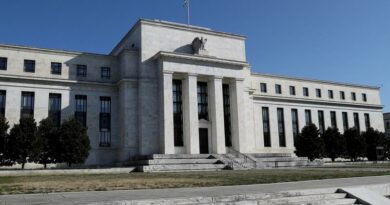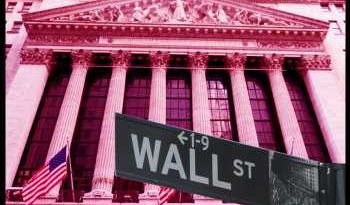Boohoo share price plunges after profits collapse by 94%

We use your sign-up to provide content in ways you’ve consented to and to improve our understanding of you. This may include adverts from us and 3rd parties based on our understanding. You can unsubscribe at any time. More info
The fashion firm was also hit by legal and redundancy costs from its takeover of Dorothy Perkins, Wallis and Burton.
Other bills came with the opening of warehouses and automating one of them in Sheffield, write-offs, higher staff costs and not being able to recover sales taxes on customer returns post-Brexit.
The online giant, whose shares plunged by up to 15 percent, returned a £7.8million profit for the 12 months to the end of February, compared with £124.7million the year before.
The 94 percent fall occurred even though its revenues rose by 13.6 percent to £1.98billion.
Active customers rose by 10 percent to 20 million. After taxes, Boohoo was £4million in the red.
John Lyttle, chief executive, said Boohoo was “well-positioned to rebound strongly” as the pandemic fades and to retain market share gains from lockdown. He added that Boohoo will try to shield customers from increasing costs: “The group intends to maximise efficiencies in its operating model and mitigate where possible before passing prices on.”
Emily Salter, senior apparel analyst at consultants Global Data, said even though Boohoo was up against strong comparisons as growth had rocketed during the first year of the emergency, its slower trading was inevitable.
She added: “With the group expecting revenue growth to be in the low single digits, [it faces] a sobering slowdown as it continues to feel pressures from the supply chain crisis, elevated returns rates and uncertain consumer demand.” AJ Bell investment director Russ Mould said with finances being squeezed, any price war would hit Boohoo.
He said: “In this environment expect to see a price war as retailers go for sales volume over profit. Boohoo could be facing one of the worst patches in its history if we do see a price war and further pressure on consumer finances.”
Source: Read Full Article



